|
|
|
|
When the Royal Commission into Violence, Abuse, Neglect and Exploitation of People with Disability’s final report (including 222 recommendations) was released yesterday, it began with an acknowledgement of Country and then an acknowledgement of people with disability.
They had fought “long and hard” for the establishment of the commission, it said. The courage of people with lived experience had been vital to frame landmark recommendations to support “the independence of people with disability and their right to live free from violence, abuse, neglect and exploitation”.
It doesn’t seem much to ask. Yet it’s taken decades to reach this point, including the four years the commission has been logging thousands of submissions and hearing harrowing accounts of trauma, exploitation and negligence.
Fundamental to fixing these problems is ensuring people with disability are free from segregation and have the dignity of choice, especially about where and with whom they live. La Trobe University expert Di Winkler says some of the commission’s recommendations, if implemented, could address the most squalid and extreme living conditions affecting people with disability. In the longer term, there is broader work to be done on inclusion. As she writes, “there is
scope to build on existing work and evidence to co-design, demonstrate and evaluate more contemporary models of housing and the way that support is provided within the home”.
|

|
Lucy Beaumont
Health + Disability Editor
|
|
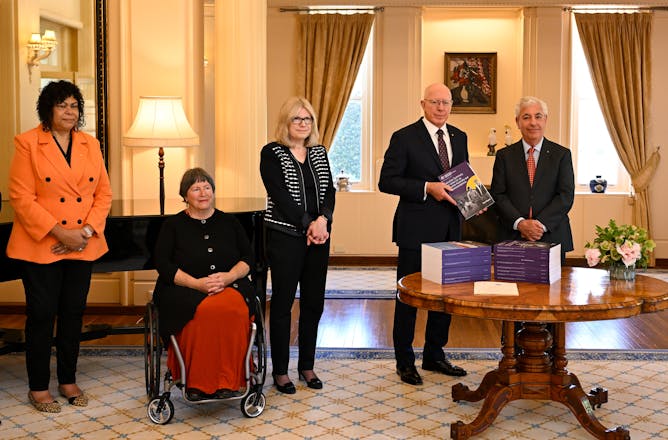
Di Winkler, La Trobe University
The disability royal commission’s final report makes 222 recommendations, including ensuring people with disability are considered in national housing and homelessness plans.
|
Weekend long reads
|
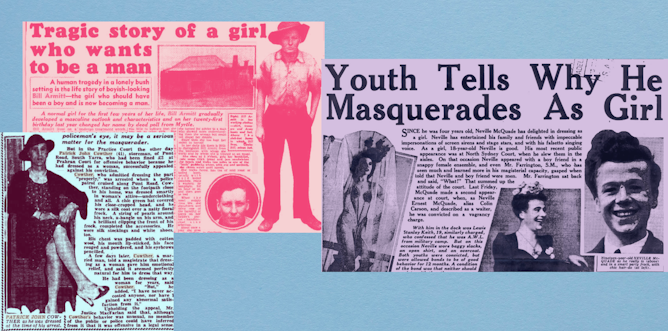
Noah Riseman, Australian Catholic University
Before the 1970s, there were no trans organisations or publicly advertised gender clinics. But camp cultures brought together a variety of sexually- and gender-diverse people.
|

Nick Haslam, The University of Melbourne
Our health consumes a growing share of our economy and our attention, but we are not in great shape. Even as a ruinous pandemic subsides, epidemics of chronic disease, obesity, addiction and mental illness…
|
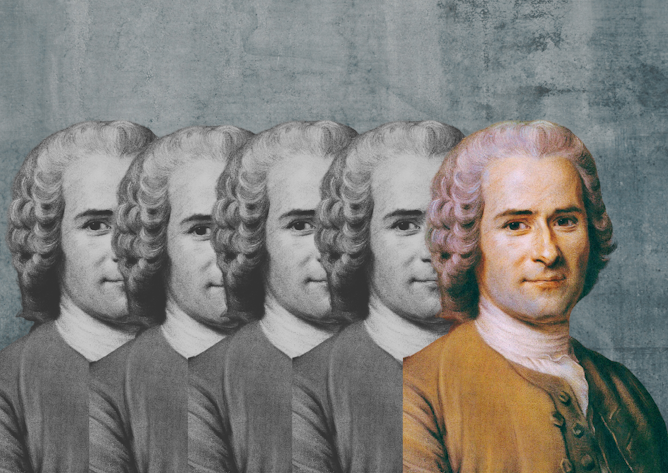
Chris Fleming, Western Sydney University
The ideas of Rousseau reflect many of our own deepest commitments and patterns of thought.
|

Amber Gwynne, The University of Queensland
Celebrities have long employed ghostwriters to help them tell their life stories. But their involvement in creating celebrity children’s books and novels is more recent – and more controversial.
|
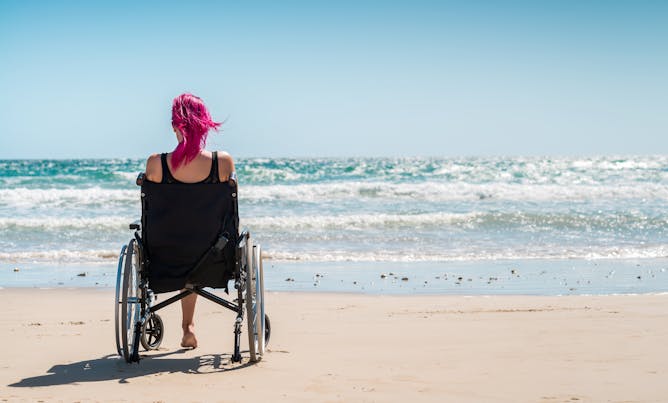
Helen Dickinson, UNSW Sydney
The new Quarterly Essay weaves personal history and detailed policy analysis, examining the unintended consequences of the NDIS, and how we can best realise the scheme’s original intent.
|
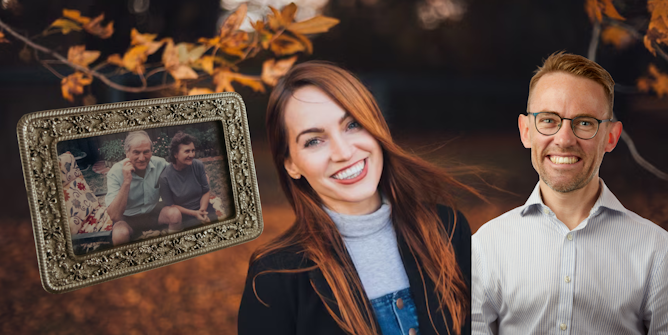
Heather Taylor Johnson, University of Adelaide
Jessica Kirkman introduces readers to her Deaf grandparents’ experience – and to Deaf culture – in her memoir. And Sam Drummond recalls growing up with pseudoachondroplasia (a form of dwarfism) in his.
|
Our most-read article this week
|
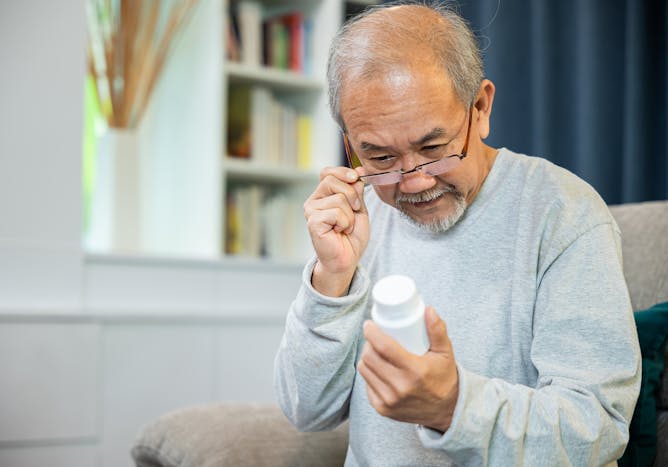
Evangeline Mantzioris, University of South Australia
Fish oil has been promised to provide all sorts of health benefits – from boosting our heart health, protecting our brain and easing arthritis. Here’s how the claims stack up for fish and supplements.
|
In case you missed this week's big stories
|
-
Paul Strangio, Monash University
An activist premier, a gifted political communicator and a hard man of politics, Dan Andrews has been an enormously consequential leader and one of national significance.
-
Zareh Ghazarian, Monash University
The new premier has a great deal of experience in politics, but inherits the premiership with the state facing a series of major economic problems.
-
Michelle Grattan, University of Canberra
Australia needed a federal government-inquiry into the management of the pandemic. Albanese recognised this and before the election he indicated Labor would have one. But he was vague about its form.
-
John Hawkins, University of Canberra; Selwyn Cornish, Australian National University
The new paper says closer to 2.8 million Australians are in some way unemployed, equivalent to one-fifth of the current workforce. That’s much more than the official unemployment total of 539,700.
-
Michelle Grattan, University of Canberra
Pezzullo is a one-off in the today’s public service. He can perhaps be best understood by referring back to the so-called bureaucratic “mandarins” of decades ago.
-
Andrea Carson, La Trobe University; Max Grömping, Griffith University; Rebecca Strating, La Trobe University; Simon Jackman, University of Sydney
Yes23 is blanketing the nation in hundreds of ads, while Fair Australia is sticking with a singular message and targeting specific states that will ensure a ‘no’ victory.
-
Juliette McIntyre, University of South Australia
Ukraine is seeking compensation from Russia in the case, but the International Court of Justice needs to agree to hear it first.
-
Carl Rhodes, University of Technology Sydney
A new review found PwC Australia had a ‘whatever it takes’ culture, making those raking in the most money ‘untouchables’. Australians need to know if that culture has infiltrated other big businesses.
-
Hunter Fujak, Deakin University
Pundits had suggested a strong World Cup performance was vital for the health of the game. The horror result in France will put even more pressure on the sport to reform to stay relevant.
-
Paul Formosa, Macquarie University
Two big ethical questions have emerged during the Voice to Parliament campaign: is it fair non-Indigenous people will get the majority say? And is it fair one group will get something others don’t?
-
Kieran Hegarty, RMIT University
What did Australians do online in the 1990s? Shared bioinformatics data, made cyberfeminist zines, cruised the information superhighway …
|
|
| |
|
|
|
NIDA
Kensington NSW, Australia
•
Full Time
|

|
|
|
|
| |
| |
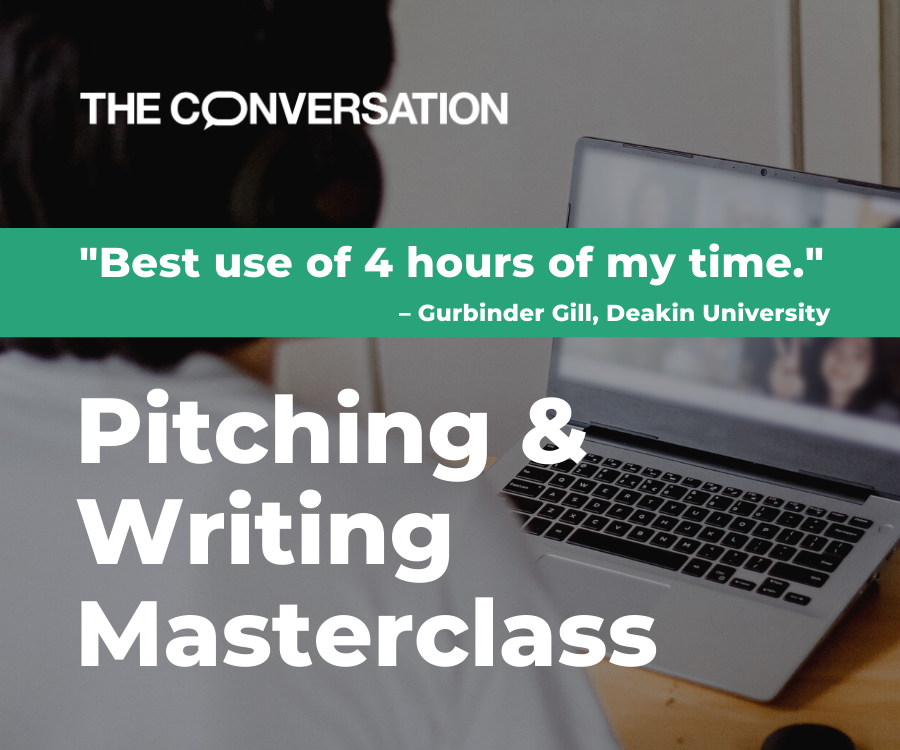
|
| |
| |
| |
Featured Events, Courses & Podcasts
|
View all
|
|
1 January 2023 - 7 October 2026
•
|

|
6 July - 6 October 2023
•
|

|
|
|

|
10 October 2023
•
Melbourne
|

|
|
|
|
| |
| |
| |
| |
| |
|
|
|
|
|
|
|